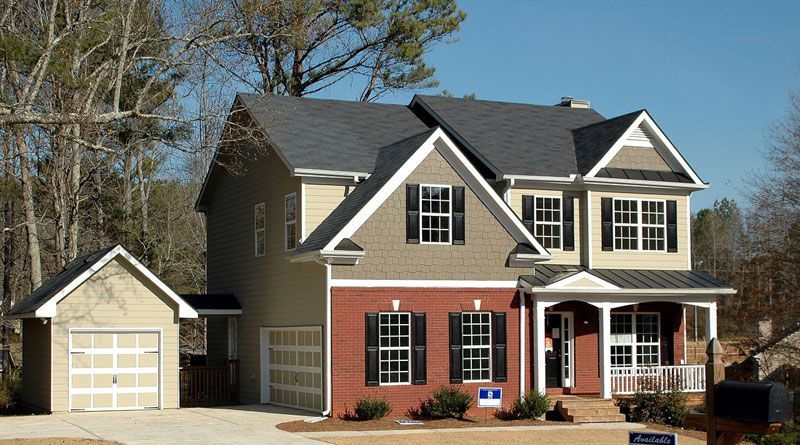While there is a growing perception that new appliances don’t last as long as they used to, the reality is a little more complex. For example, households are demanding more and more from each appliance they have, and families are often not caring for them properly. Knowing what affects the longevity of appliances can help you better manage them so they last longer.
1. Irregular Power Supply
You flip the light switch or turn an appliance on and it works, so it is easy to assume that the same amount of electricity is always coming into your home. However, that isn’t how it actually works. While electrical wires are designed to carry a set current, the level of power that enters your home may fluctuate slightly over time. This results in dips (i.e. brownouts) or surges of current. Radiofrequency and electromagnetic waves can also interfere with the power supply.
Irregular current can, over time, lead to wear and tear on electrical appliances. A major surge can also cause an overload that immediately disables anything plugged in. That is why it is critical to keep sensitive devices like computers and televisions on surge protectors. But what about your major appliances? Adding home surge protection offers blanket protection for everything that is plugged in so you can rest easy.
2. Dirty Filters
As appliances are pushed to greater efficiency levels, filters are becoming increasingly important. because they keep dust, pollen and debris out of critical working components. When dirty filters are left in place, appliances must work harder to produce the same output. That strain causes wear and tear, leading to reduced output, more frequent breakdowns and a shorter useful lifespan. While dirty filters are one of the most common reasons that home HVAC units face an early demise, it isn’t the only place your should be cleaning or changing filters regularly. These common appliances also have filters that may need to be replaced:
- Water purifiers
- Refrigerators
- Dishwashers
- Range hoods
- Vacuums
3. Lack of Clearance
Take a quick look at the refrigerator or washer and dryer in your home. How much space is open on the sides, top and back of them? While each appliance will have unique requirements, most need at least three to four inches of clearance all the way around them.GE offers a handy guide to help you get a better idea of where to place your home appliances. This allows for proper ventilation, which helps the motor run at the desired temperature. Failure to adhere to spacing requirements can cause overheating, which will drastically reduce the life expectancy of your appliances.
4. Hard Water
If you notice a chalky or white residue on the shower or freshly washed dishes, you might have hard water. That means it contains an unusually high amount of minerals such as calcium and magnesium. While both of these are necessary for good health, too much of them in your water supply leads to a host of problems. These range from annoying — spotting on dishes and glassware and a filmy residue left after showering — to downright dangerous for your appliances and plumbing. A few of the more serious concerns include:
- Mineral buildup inside of plumbing lines and fixtures
- Scale buildup in appliances like the dishwasher, coffee maker, water heater and washing machine
- Decreased efficiency of clothes washer
Fortunately, hard water is treatable. A water softener or reverse osmosis filtration system removes the minerals and leaves you with a clear, buildup-free water supply.
5. Poor Maintenance
Most major appliances, and some of the smaller ones, benefit from regular maintenance. This includes keeping them clean, removing clogs and lubricating moving parts. Just like you would review that maintenance schedule on a new vehicle, you should do the same for any new appliance. Take a few minutes to look through the manual and see what is needed. Add them to your calendar and set a reminder a week or so beforehand in case you need to order any parts. Proper maintenance, changing filters and reducing hard water can all make your appliances last longer. Ensuring they have enough space for ventilation and installing surge protection will avoid overloading electrical motors.

Namaste UI collaborates closely with clients to develop tailored guest posting strategies that align with their unique goals and target audiences. Their commitment to delivering high-quality, niche-specific content ensures that each guest post not only meets but exceeds the expectations of both clients and the hosting platforms. Connect with us on social media for the latest updates on guest posting trends, outreach strategies, and digital marketing tips. For any types of guest posting services, contact us on info[at]namasteui.com.


Wonderful content.